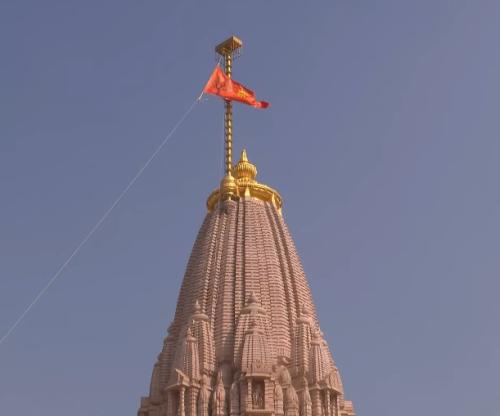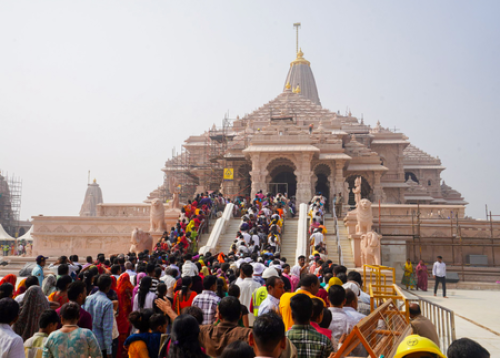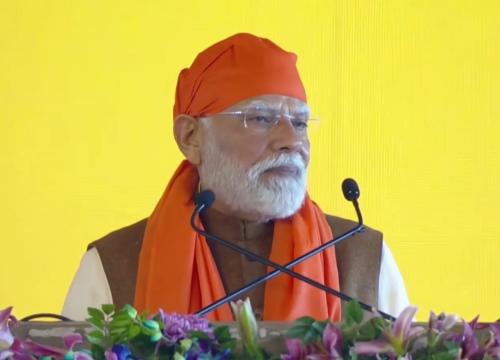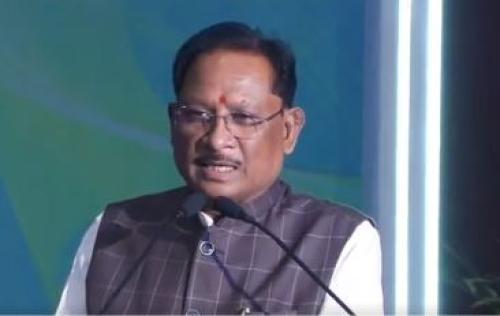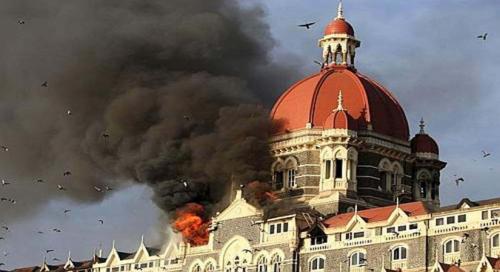D.C. PATHAK The ghastly incident of a young lady being dragged under the wheels of a car for miles in India's capital - resulting in a most painful death of the woman - by a group of drunken vagabonds out to 'enjoy' a late New Year night, raises, above everything else, the question of the systemic decline of policing in this country over years. The car had hit the woman driving a scooter on her way back home from a late night party and the young men - inebriated and totally oblivious of any kind of social responsibility - did not pause to respond to the fact that something untoward had happened in their knowledge. The entire stretch of road on which the car moved after the incident covered more than one police station area but not one policeman or PCR vehicle, if present on duty, swung into action. A public spirited witness reportedly rang up the Control Room but there was no immediate response of the kind that an emergency call should have evoked. It has taken a most tragic death of a citizen - a hardworking girl of a poor background who was somehow managing to feed her large family including an ailing mother that was totally dependent on her - to wake up the nation about what was not working on the law and order front. While the case was being 'investigated' for whatever was the crime content of the incident, an inquiry committee of the Ministry of Home Affairs (MHA) might go into the systemic and individual failures brought out by the episode for the purpose of defining the learnings that would upgrade the Delhi Police working and get it to serve as an example in future for the law and order management anywhere in the country. After all there has to be a uniform level of efficiency that policing must maintain through the length and breadth of the nation even as state governments had been made autonomous in handling the most important duty of a democratic country - of ensuring the safety and security of citizens against the assaults of criminals, anti-social elements and influence-wielding individuals. It is known for very long that there was a breakdown of supervision by senior officers over that ground level establishment of law and order management called the Police Station that worked closest to the citizens. Once upon a time officers at the level of SP and above made surprise visits to police stations at night to ensure that the staff was not all 'sleeping' it off and becoming inaccessible to people reporting an emergency. On special occasions like New Year eve when special law and order arrangements had to be made in a metropolitan city, duty would be taken by turns and even senior officers - they are mostly from IPS - would in the midst of their personal engagements find some time to 'take a round' in some part of their jurisdiction or the other to keep to the mandate of supervision in place. Police leadership is not identifying itself with police station - one reason for this 'aloofness' could be the reality that those wielding political power in some places directly dealt with Station House Officers at the back of their seniors. In parts of Delhi, the police arrangements for the New Year eve apparently remained only on paper - this would not have been the case if any senior officer would have made a midnight supervisory trip to any of the police stations concerned. IPS officers need to be reminded that they were in law, supposed to have the power of the Station House Officer in respect of all the police stations in their jurisdiction and asked to demonstrate this through surprise inspections of some police stations or the other once in a while. The subject of supervision of police stations should receive special emphasis during the main course for IPS run by the National Police Academy, Hyderabad. Another healthy legacy of Policing of the times gone by, which seemed to have been given up, is the recognition of 'beats' that the PS had for the purpose of specially earmarking staff for their coverage - in terms of keeping an eye on the quiet and ascertaining discreetly from the conscientious citizens if everything about crime and order was satisfactory there. Sections 107 and 108 of Cr PC and Section 34 of Police Act together enable a Police Officer to stop and check an individual - for a valid reason like loitering - to ascertain what was he doing at that particular place at that point of time. This will work with public acceptance if Policemen were deemed to be upright and honest which unfortunately was not the case always. At the same time police leadership has to make it a part of its responsibility to identify a 'rogue cop' and take effective action against him. In the case of Delhi incident, a police officer if present on duty, would have had sufficient grounds to stop the Baleno car of the rowdy looking New Year revellers on that fateful night and catch them in time for drunken driving if nothing else. A colossal Police deficiency of this kind should serve the purpose of quickly reviving police management practices that had been given up possibly because of a collusion of convenience between political leaders, administration and police leadership itself, among other things. Under the present Union Home Minister, the MHA is more emphatically pursuing the Police Modernisation Scheme and improving the mobility, communications and Police housing situation in particular. Apart from providing equipment and manpower to the Police, the country needs to move in the direction of putting police stations in the charge of gazetted officers and giving the Centre a role in the appointment of DGP of the state by stipulating that this selection will be done out of a panel of three officers drawn up by UPSC on the basis of seniority-cum-merit in consultation with the state government. Also, it will help the larger national objective if inter- state transfer of IPS officers are made a little more common with special recognition being given to the fact that the officer had served at least for one tenure in any state other than the 'cadre state'. Further, there should be a revival of District Armed Police (DAP) and its contingents should be placed at selected police stations for rapid deployment in potential law and order situations. A district force would know the territory and people better compared to the State Armed Police or Central Para Military forces. Measures that provide a level playing field to police in all parts of the country make for internal cohesion and grater uniformity about the management of law and order as a task that did not have any political tint. Structural improvements can not however hide the flaws in the professional handling of the police force, effective deployment of men and evaluation of performance of individuals. Army establishes a bench mark in the practice of officers identifying themselves with their men. A civil police force is widely dispersed and the control of seniors is somewhat remote. However, it is a question of evolving practices that remove the functional gulf between the police station and the hierarchy of senior officers above. Friendly surprise visits to police stations, formal inspections and participation in an occasional 'Bara Khana' at one of the Police Lines are the means by which IPS officers can strengthen their supervision - these practices were well recognised but seemed to be fading out. The IPS officers should ensure that credit was given to subordinates where due and deterrent punishment was also awarded to individuals guilty of an indefensible serious dereliction of duty. In the annual evaluation of SPs and Range DIGs mention should be made of the visits to PS the officer had made during the year. There is a lurking doubt about the extent to which the Indian Police Service (IPS) had - over the decades of its existence - really upgraded the working of Police Stations in India. It is not late to do this in mission mode even today. (The writer is a former Director of Intelligence Bureau. Views expressed are personal)
Crime prevention is more important than investigation
- by Rinku
- January 03, 2023 2 minutes
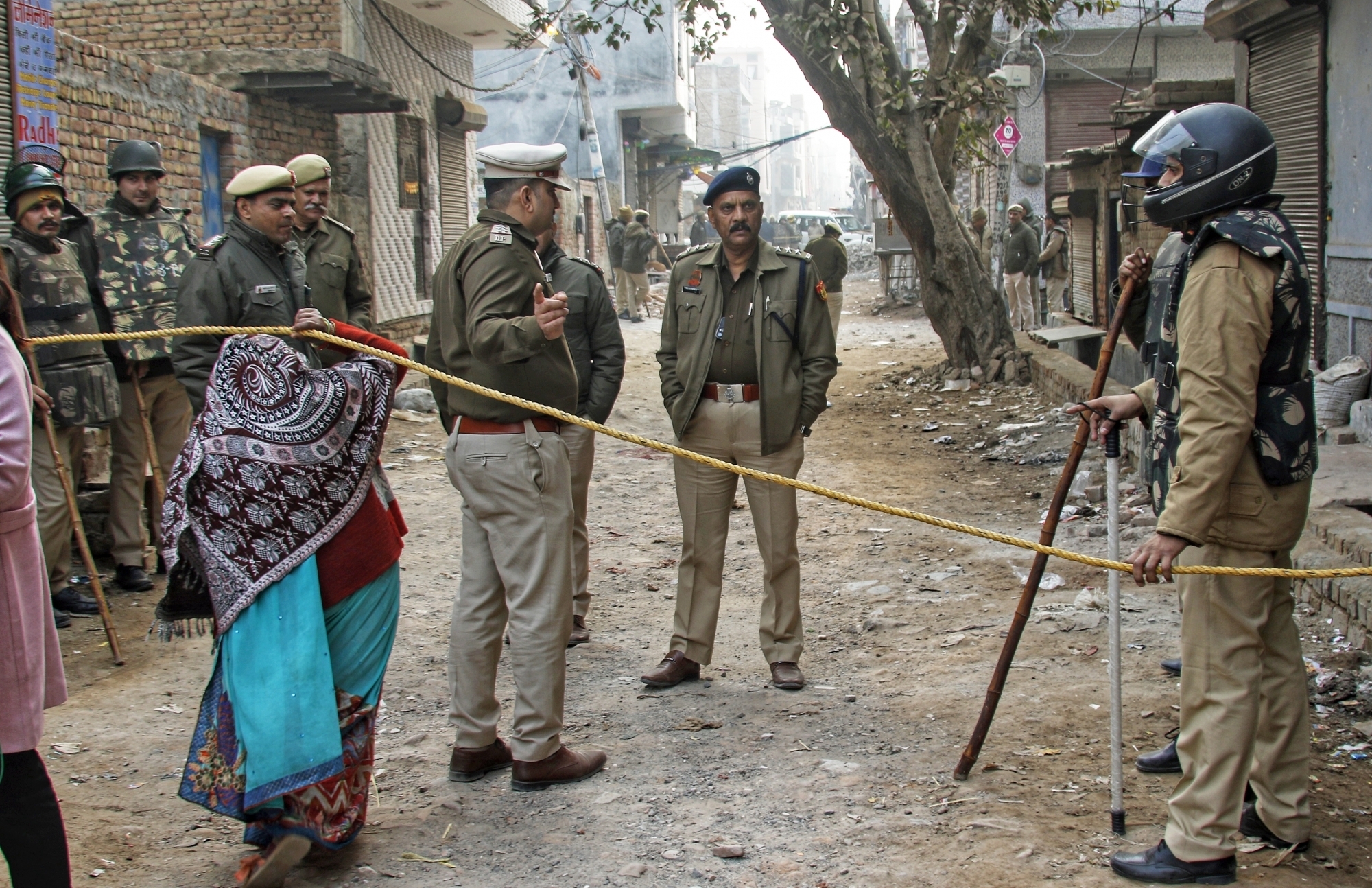
New Delhi: Delhi Police personnel stand guard near the residence of the deceased woman of Kanjhawala incident, at Karan Vihar of Sultanpuri area in New Delhi on Tuesday, January 03, 2023.




